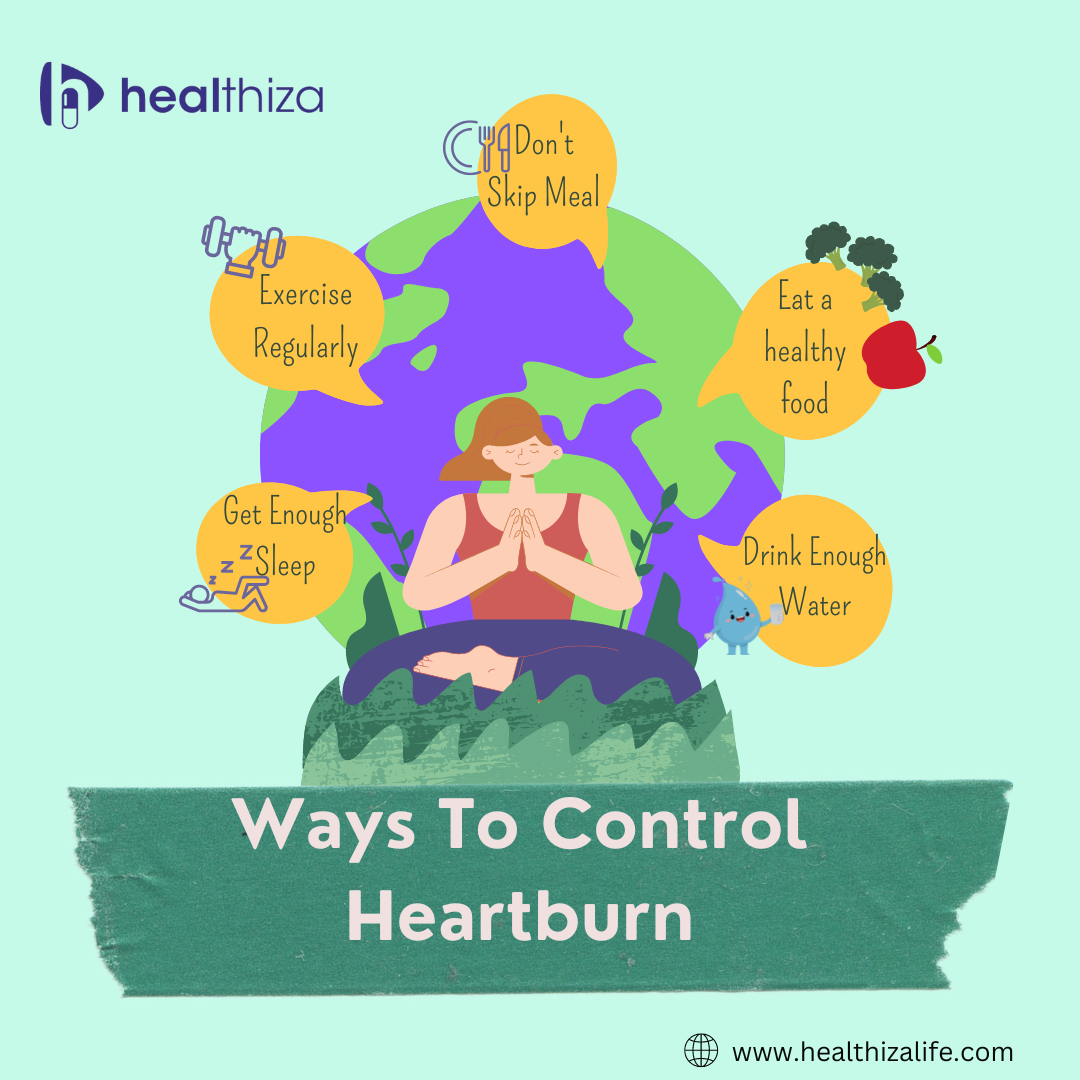Ways to Control Heartburn
Heartburn is a scary feeling to have that searing sensation in the middle of your chest! it is, sometimes referred to as acid indigestion or gastroesophageal reflux and is unfortunately rather frequent. If you desire to feel well. Here are some actions you can take right away and strategies to avoid it happening again.
Why Do You Get Heartburn?
Acidic digestive acids from your stomach overflow up into your oesophagus, which is the tube connecting your throat and stomach, causing heartburn. Your oesophagus is not covered from those acids like your stomach is because it lacks a protective lining. That might give you a sour taste in your mouth as well as an unpleasant burning sensation in your chest.
This occurs in certain people because the lower oesophagal sphincter, the valve between the oesophagus and stomach, isn’t functioning properly. That valve often closes after opening. However, it can loosen up and stop firmly closing, allowing stomach fluids to leak out and enter the oesophagus.
Are some individuals more susceptible to this?
Yes. There are a few substances that can relax the lower oesophagal sphincter. These include smoking, being pregnant, and being overweight or obese (because of hormonal changes). You run a higher chance of developing heartburn if you have a hiatal hernia. Several drugs, including NSAIDs, some asthma treatments, calcium channel inhibitors and tricyclic antidepressants, can increase your chances of heartburn.
What Foods Worsen it?
Some foods and beverages cause the formation of more of those acidic fluids. Caffeine and carbonated beverages, alcohol, oily or spicy dishes, chocolate, mint, tomatoes and tomato-based foods, and citrus fruits are some of them.
What Steps Can I Take to Avoid it?
Listed below are a few options to try if you have heartburn:
Do not overeat or skip meals. Eat smaller, more frequent meals as an alternative (every 2-3 hours). That sphincter may relax more due to an abundance of food.
After dinner, go for a walk. That might assist in keeping the liquids where they belong—in the stomach—down. Take enough sleep, drink enough water and do regular exercise and meditation.
Avoid having meals soon before going to bed (or take an after-lunch nap). Consider raising your head while you do sleep. Allow gravity to prevent the splashing up of stomach contents.
Can I Take Medicines?
Yes. Other medications, such as antacids, may help you feel better. However, some of them may interact with other drugs you might be on, so see your doctor first. Some of the recommended medicines for Acidity, Heartburn, Acid Reflux and Peptic Ulcer Disease are given below.
These are the best acidity regulator medicines that provide relief from acidity and heartburn by lowering stomach acid.
Is Heartburn Risky?
No, not always. Regular heartburn isn’t hazardous, even though it might be painful. But if your heartburn is chronic, it can be an indication of gastroesophageal reflux disease (GERD), which if left untreated can lead to more severe issues. Therefore, consult your physician, who can conduct tests to look for harm.
Remember that heartburn can also be a sign of other health problems, such as stomach ulcers or even heart attacks.


